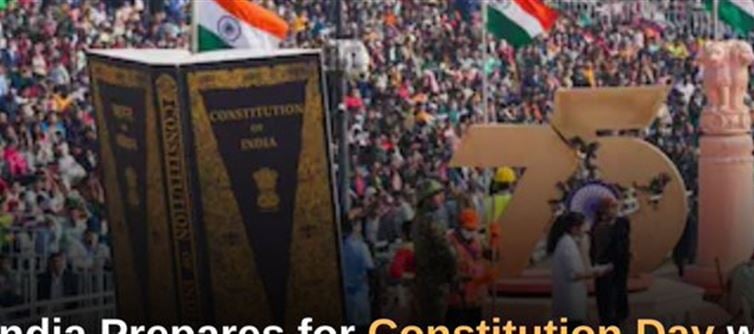
From Privacy to Free Speech: Rights Ordinary indians Still Struggle to Access
Rights exist on paper. On the ground, they depend on who you are and who you annoy.
Privacy is now a fundamental right. Yet india runs one of the world’s largest surveillance systems with minimal transparency. Facial recognition cameras monitor public spaces, telecom data is accessed without warrants, and citizens barely know when or why they are being tracked.
Free speech exists — until it targets powerful figures. social media users are arrested for posts that would be ignored in democratic nations. Protesters are detained under broad laws that treat dissent like disorder. indian citizens can speak freely, but not safely.
Police excess — another silent crisis — disproportionately impacts the poor and marginalised. Custodial deaths continue, investigations drag for years, and accountability is rare. Videos of violence circulate online, but reform remains cosmetic.
Courts are overburdened, ensuring justice moves so slowly that rights lose meaning. A right delayed is a right denied — but delays are no accident. A slow judiciary benefits the powerful.
The Constitution guarantees dignity, liberty, equality.
But in practice, your rights depend on your caste, class, political alignment, and sometimes your luck.
A democracy is judged not by how it treats the compliant,
but by how it treats the inconvenient.
On that test, india still scores painfully low.




 click and follow Indiaherald WhatsApp channel
click and follow Indiaherald WhatsApp channel